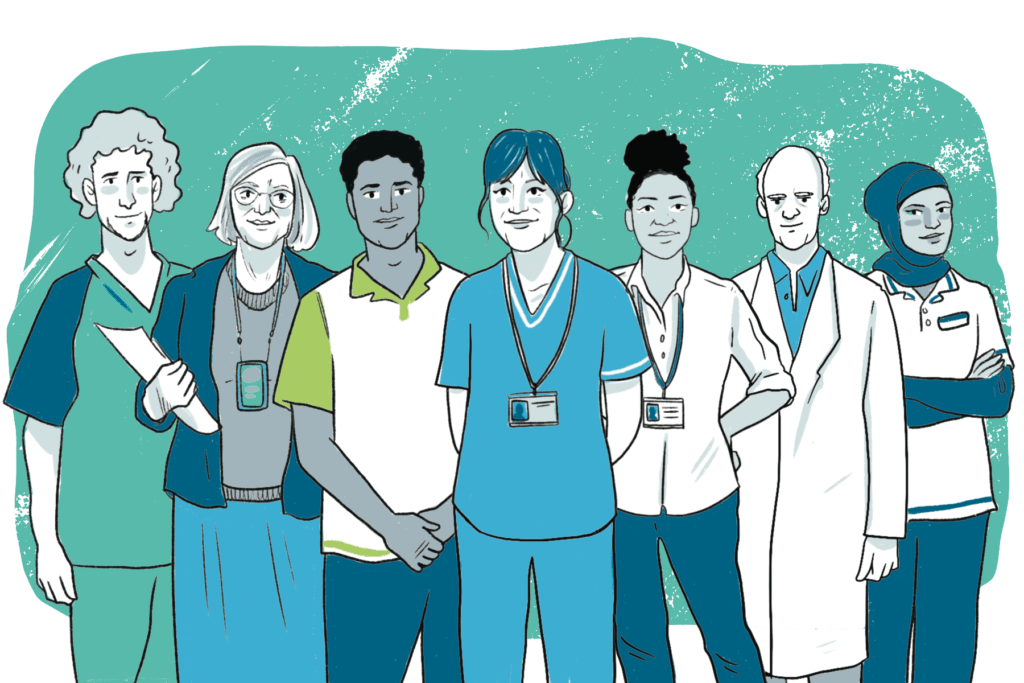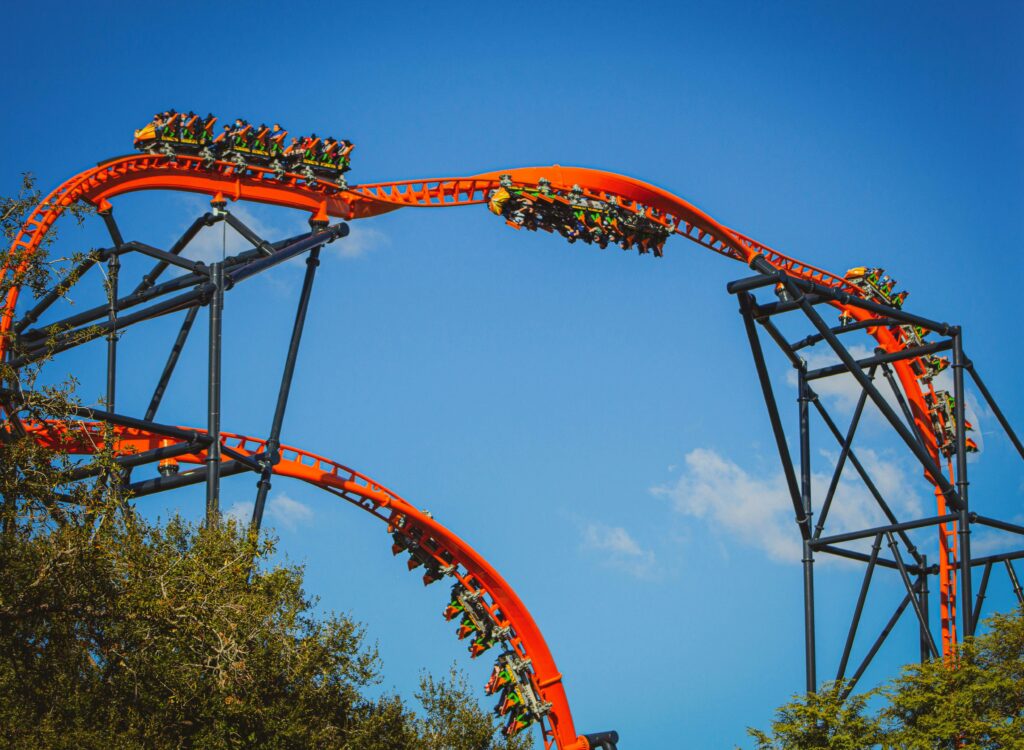What does it mean to be a haemophilia nurse?
by April Jones
For those of us who are parents, and for those of us who are children (maybe still at heart), we should all know what it is like to feel the unconditional love that a parent gives to their child. Well, from the moment we join the haemophilia community, most of us receive that same unconditional love, support and acceptance. The haemophilia community is a family and like any other family, it is diverse. It can be challenging, dysfunctional and complicated at times, and you can be completely connected or estranged. But each and every member is supportive: they’ve all ‘got your back’ and they all want you to succeed.
Haemophilia is a fascinating, ever-evolving area of healthcare, but it is a hidden gem! Speak to any non-haemophilia nurse in your hospital and the chances are they wouldn’t have a clue what haemophilia nursing entails. But what a lovely little secret club we’re all involved in!
When you first venture into haemophilia nursing, whether it is intentional, by chance or by default, there’s something that grasps you. It could be the varied educational opportunities many of us get over and above other aspects of nursing, or it could be the very nature of how specialist it is. For me, it is the very nature of the complexities we face, not just in caring for a patient with haemophilia or other bleeding disorder, but in caring for their wider family too – and with that all of the complexities that any family experiences. Not just for today, but for the rest of their life. In doing so, we collectively really make a difference.
Within the haemophilia family, we share ideas, best practice, experience and sometimes even patients! We invest in research to provide safe, effective, evidence-based care for our patients. Ultimately it is all for one purpose – to make us stronger together for the benefit of our patient group.
So what is it that keeps us in the fold? Is it the continuity of cradle-to- grave care? Is it that as nurses we can advocate for our patients and are the vital link between them and our medical colleagues? Is it that as a collective group globally, we strive to excel ourselves in the care and treatments that we already provide? Or is it that we are all so passionate about helping patients to live with their bleeding disorder, so that it is just another part of their life and not the illness that should define them? Whatever your personal answers, I would guess that like me you will feel both privileged and fortunate to be an integral part of these patients’ lives.
The nitty gritty of haemophilia nursing can be seen in the discussions we have in corridors, at conferences, on Haemnet, and in the case studies shared in The Journal of Haemophilia Practice. To this I would add that in our lives, we are constantly learning, changing, evolving and finding ourselves. What better people to help you become the very best version of yourself, than you’re very own family? So as you read this, whether you are my haemophilia mother, father, brother, sister or long lost cousin, I would like to say “thank you” for accepting me into the family. And if you are new to haemophilia, then to you I say “welcome to the family.”


